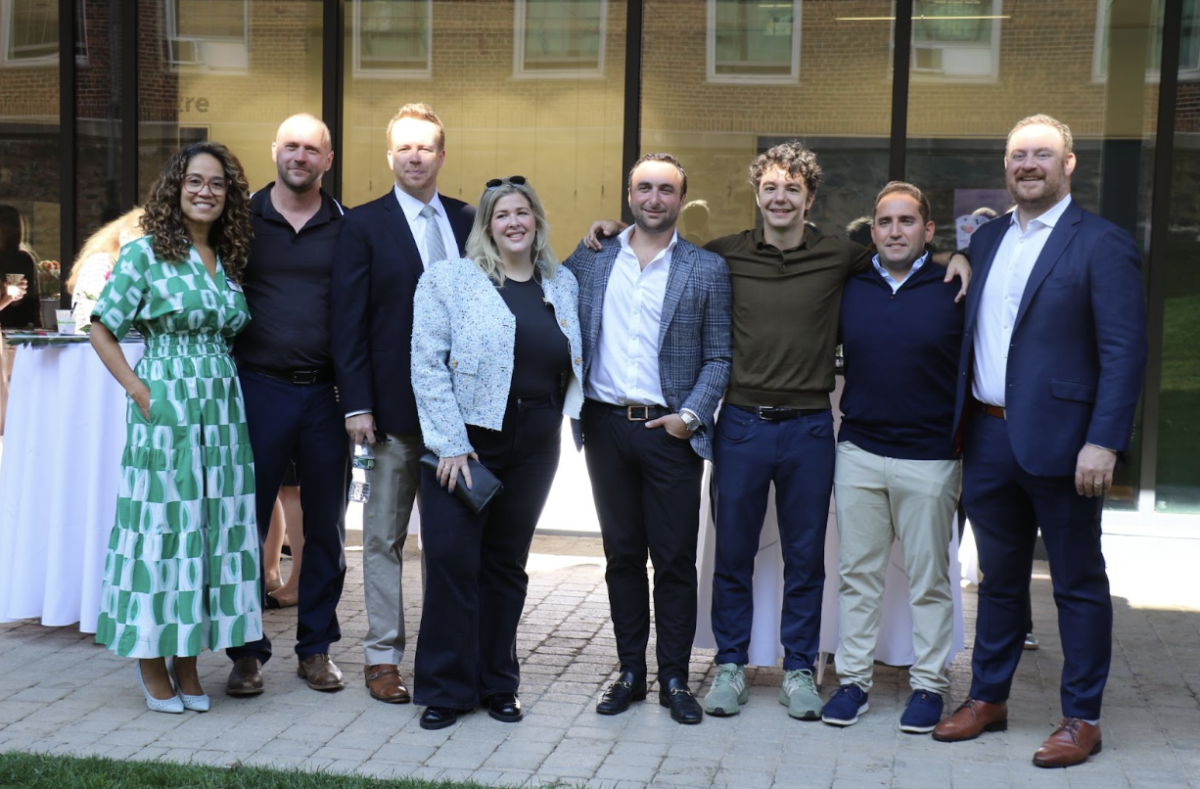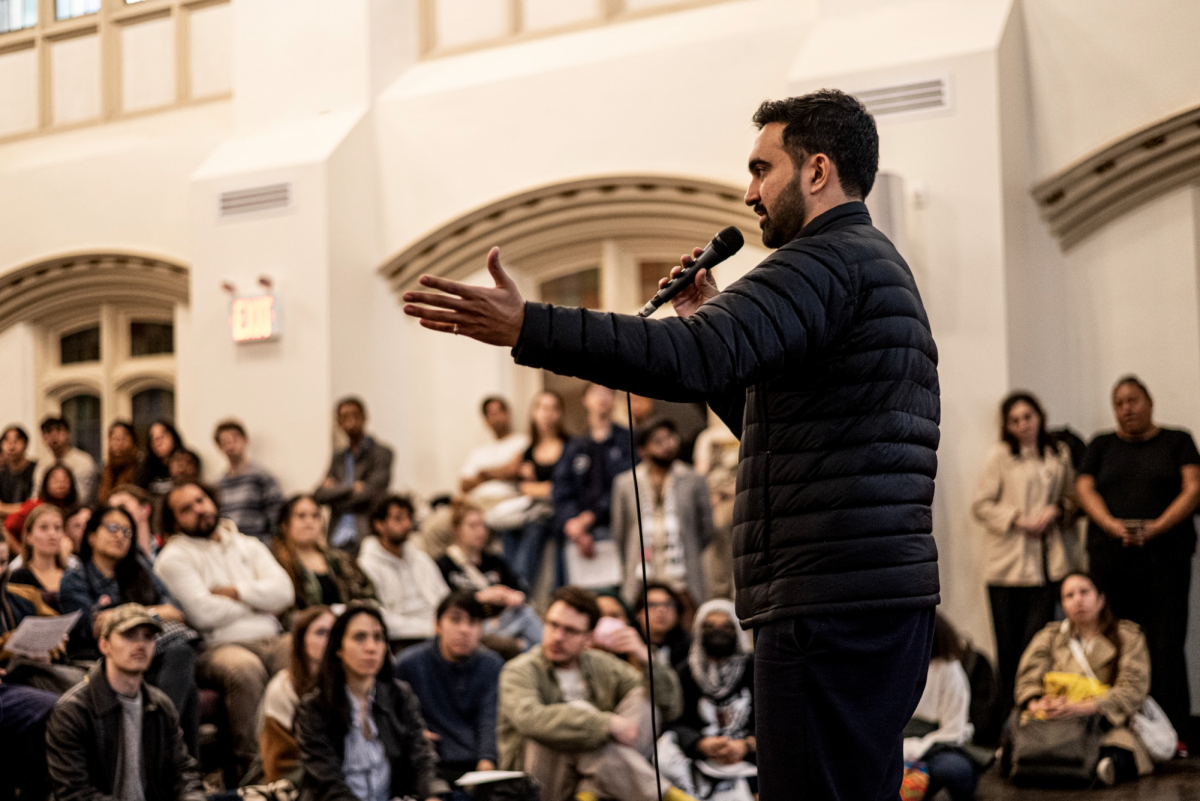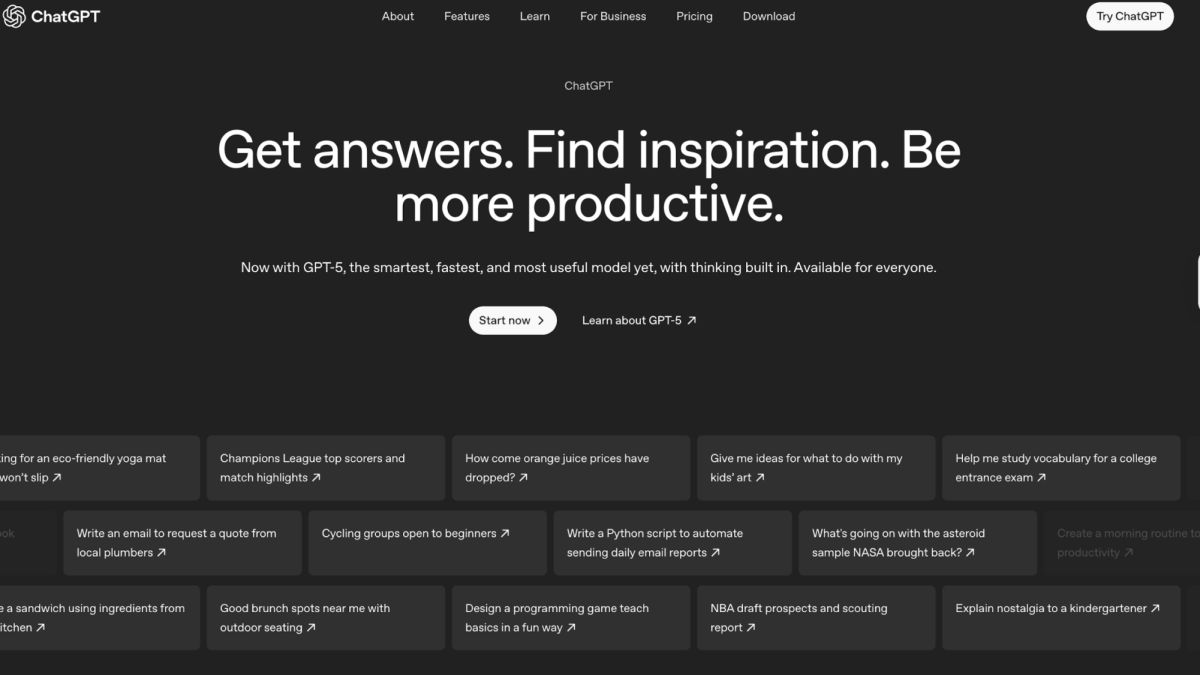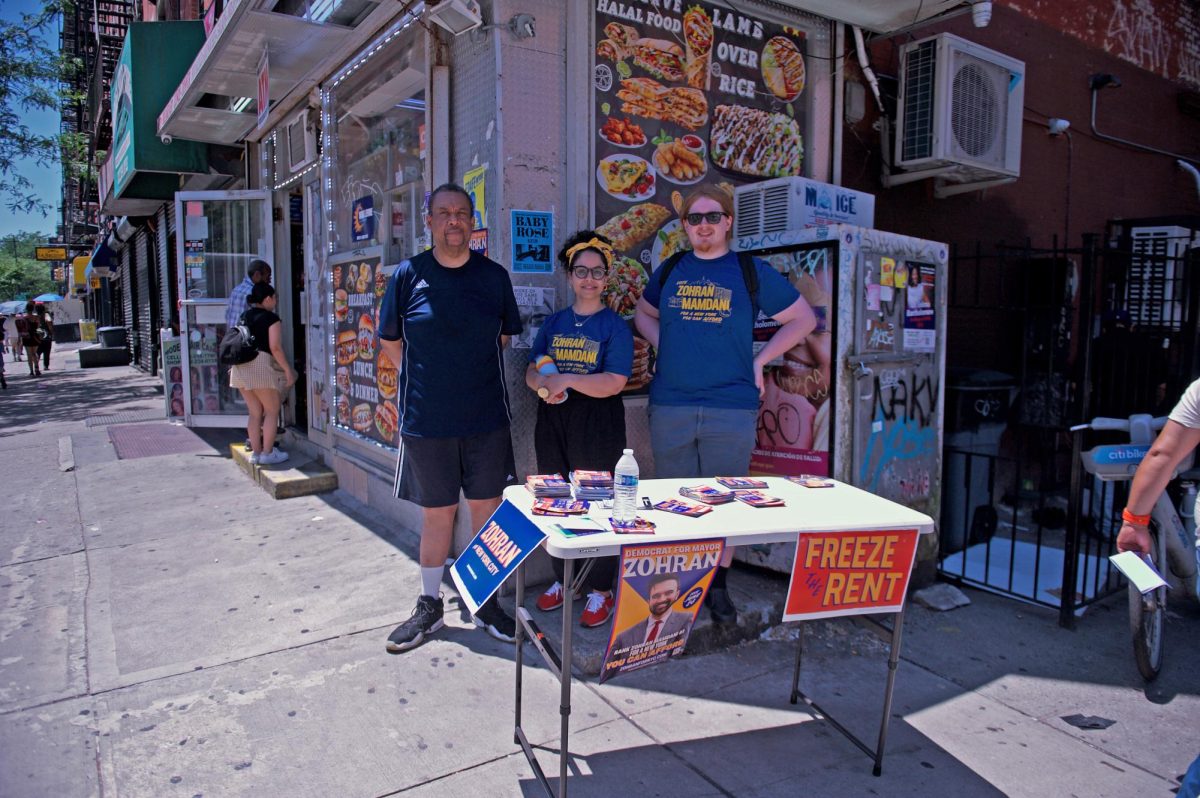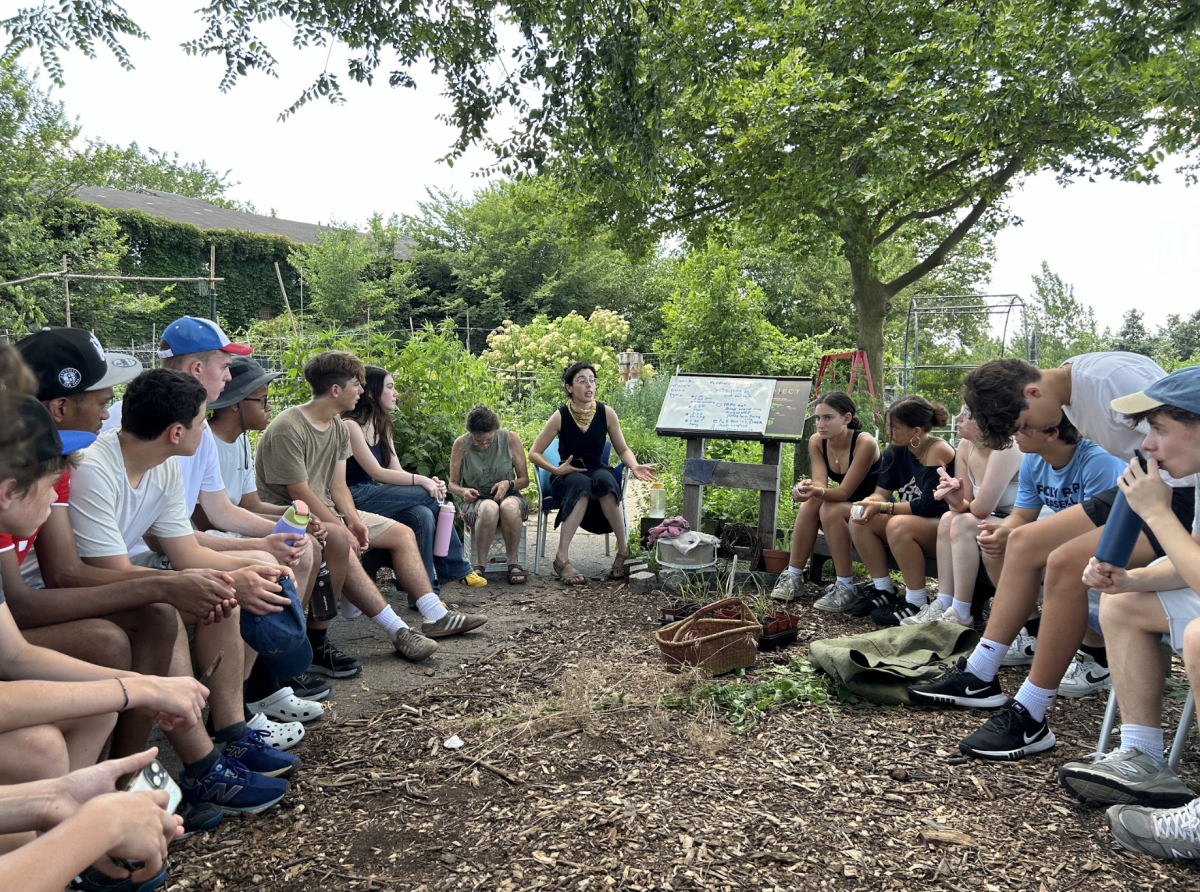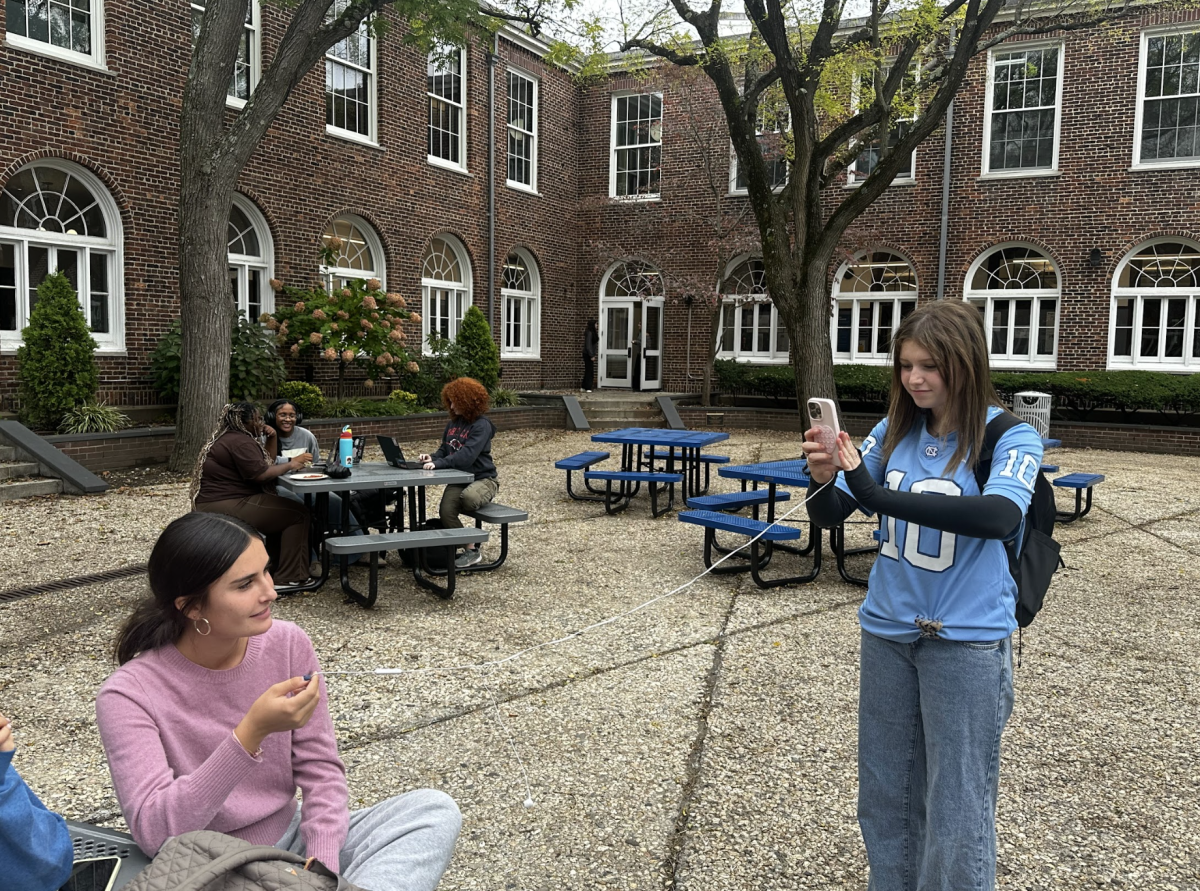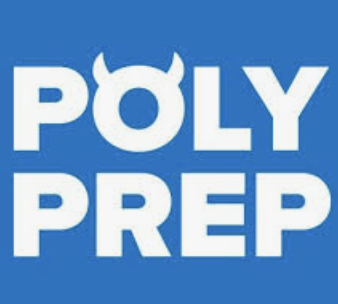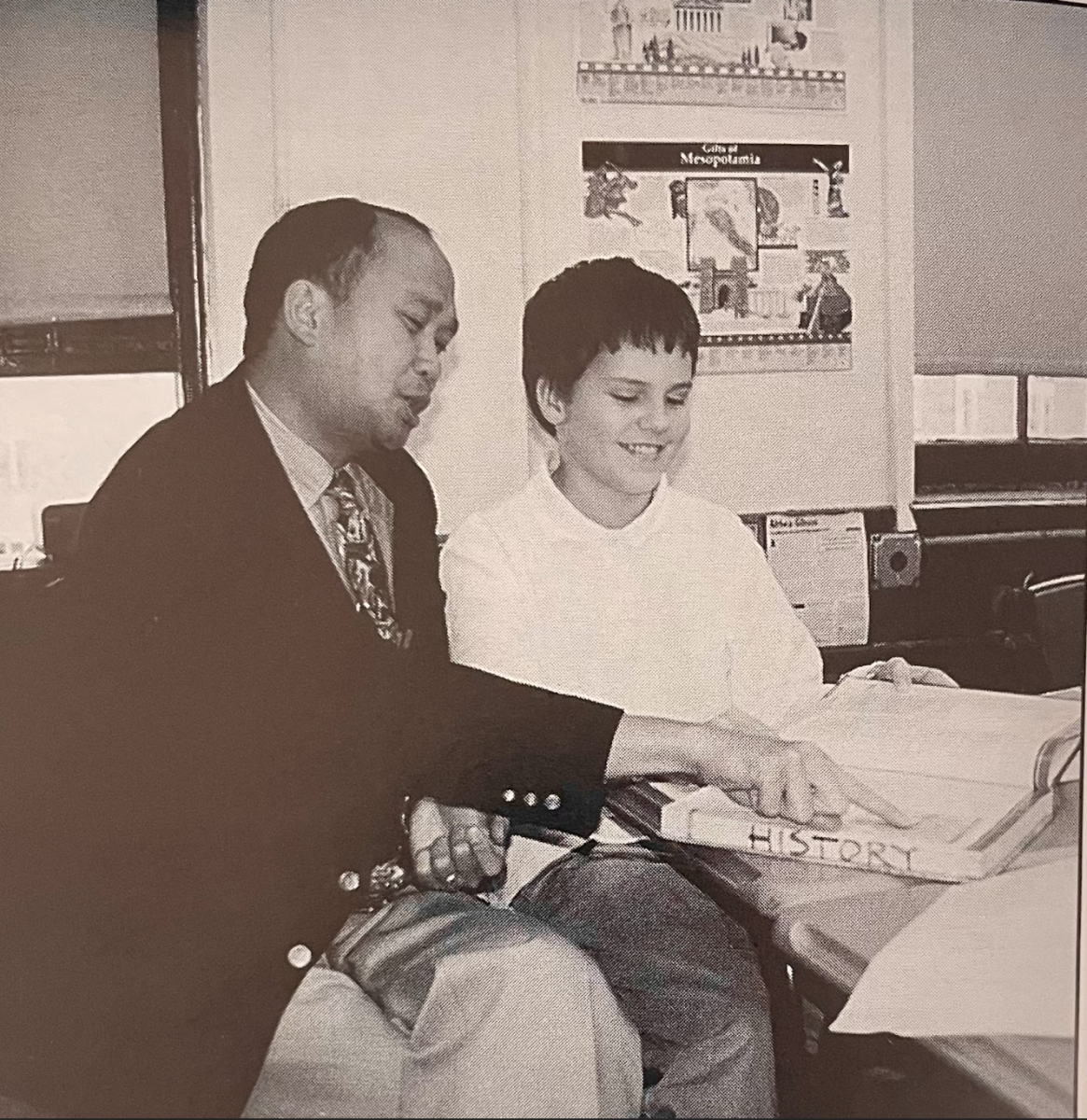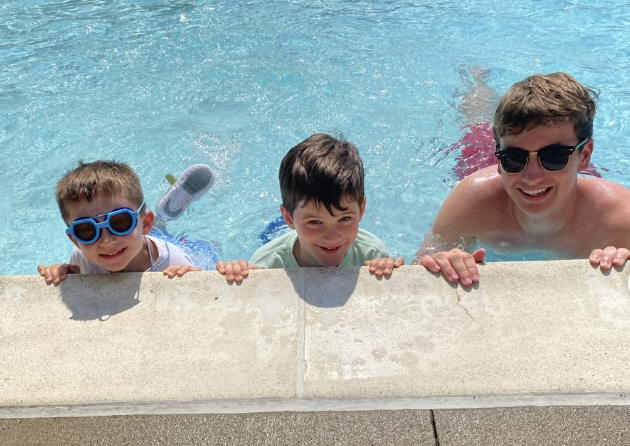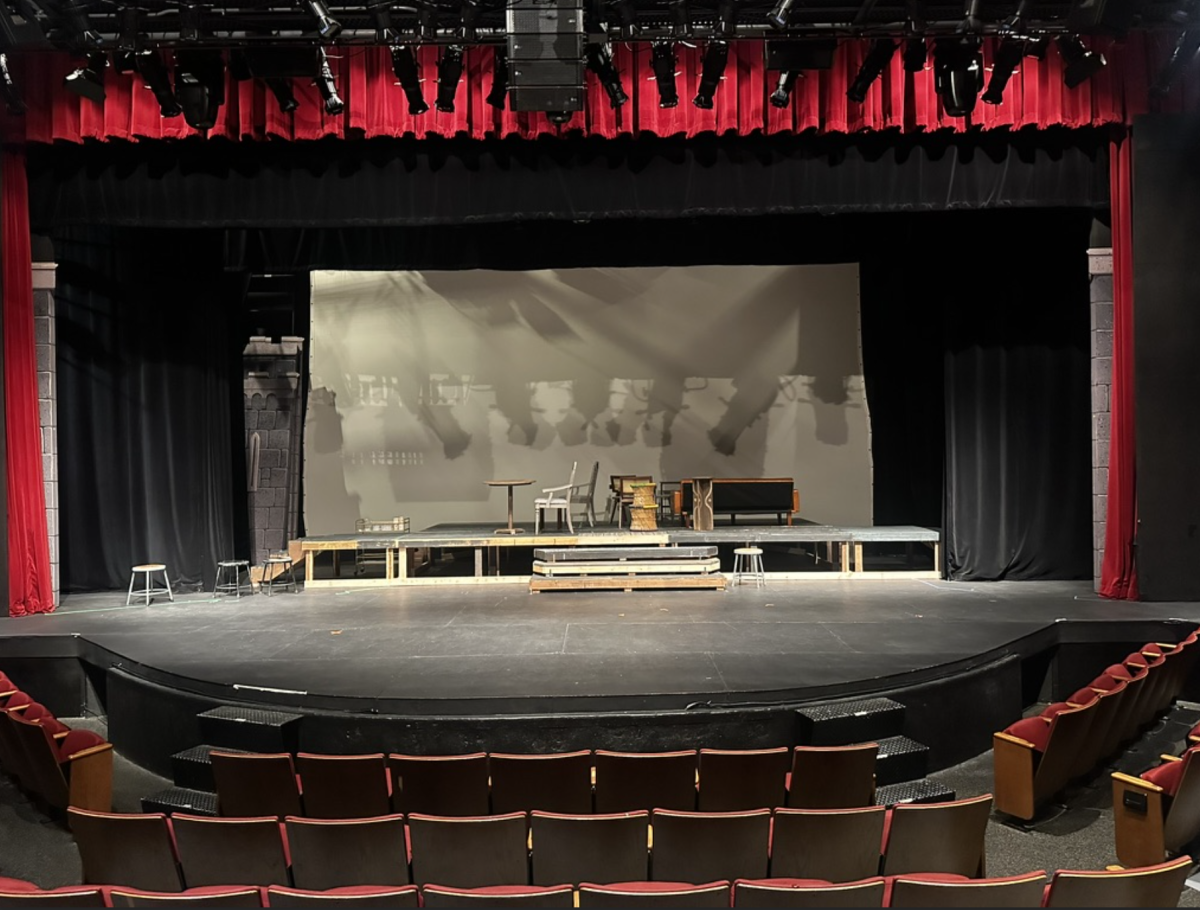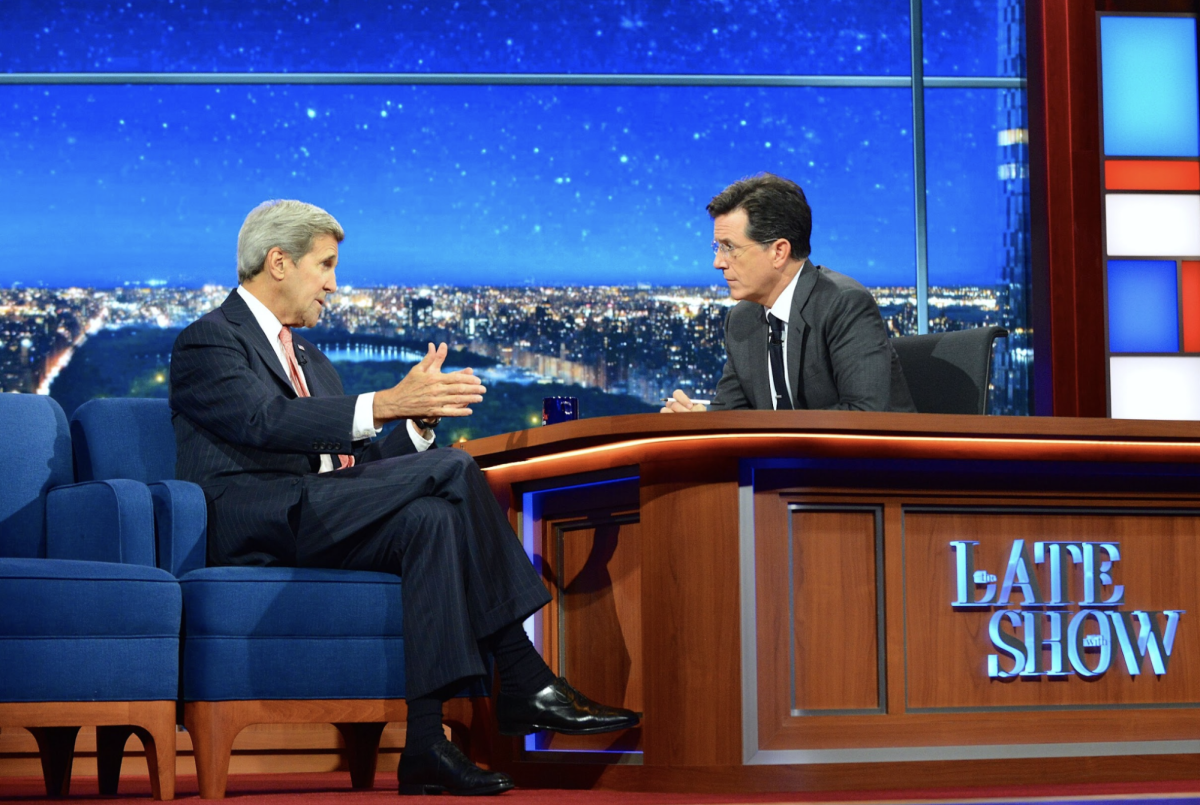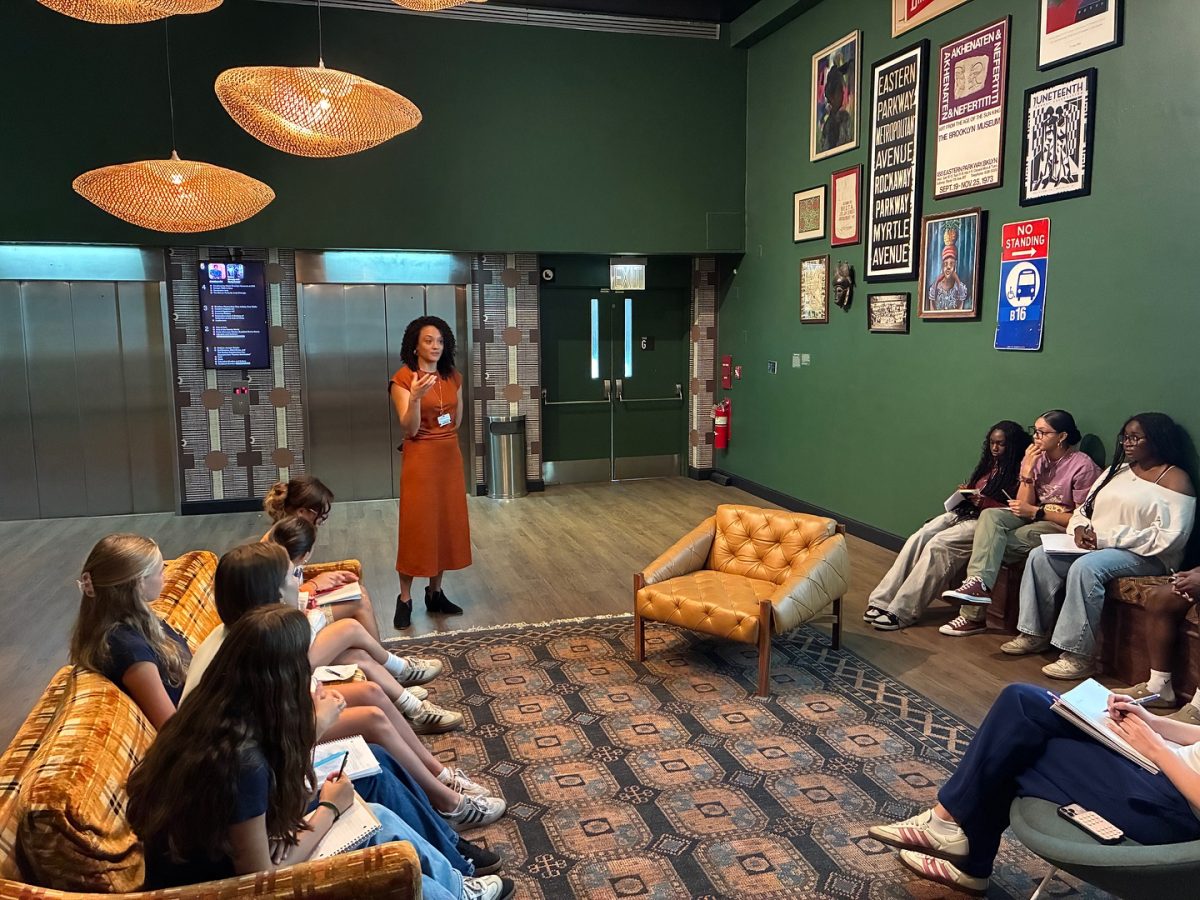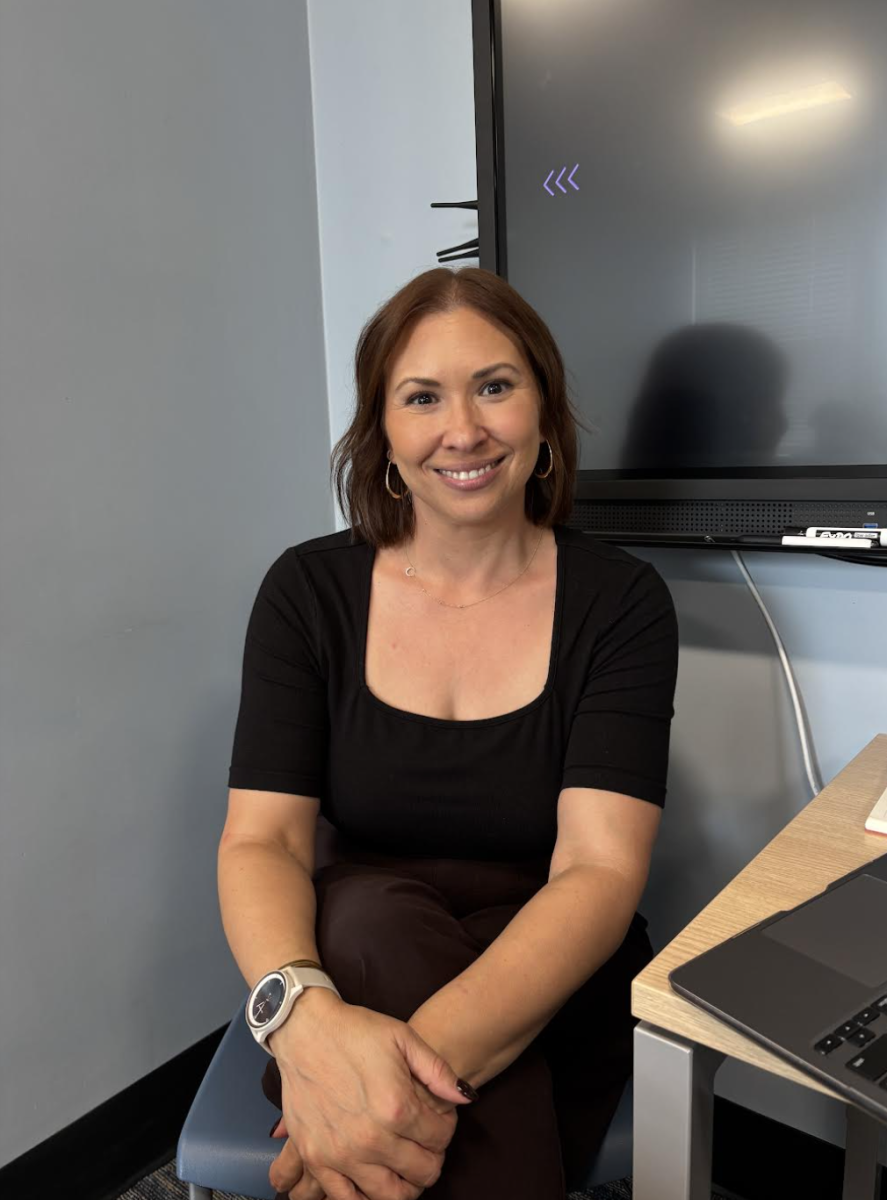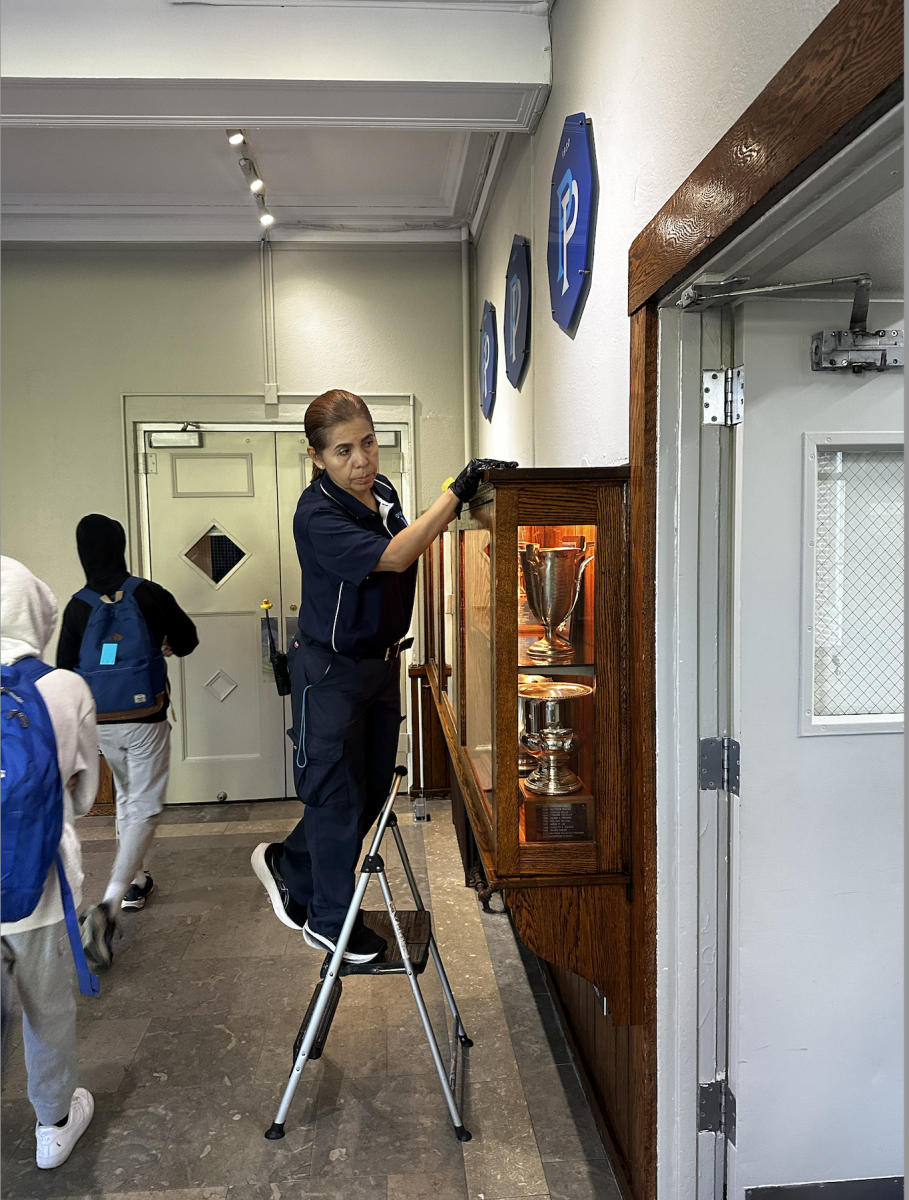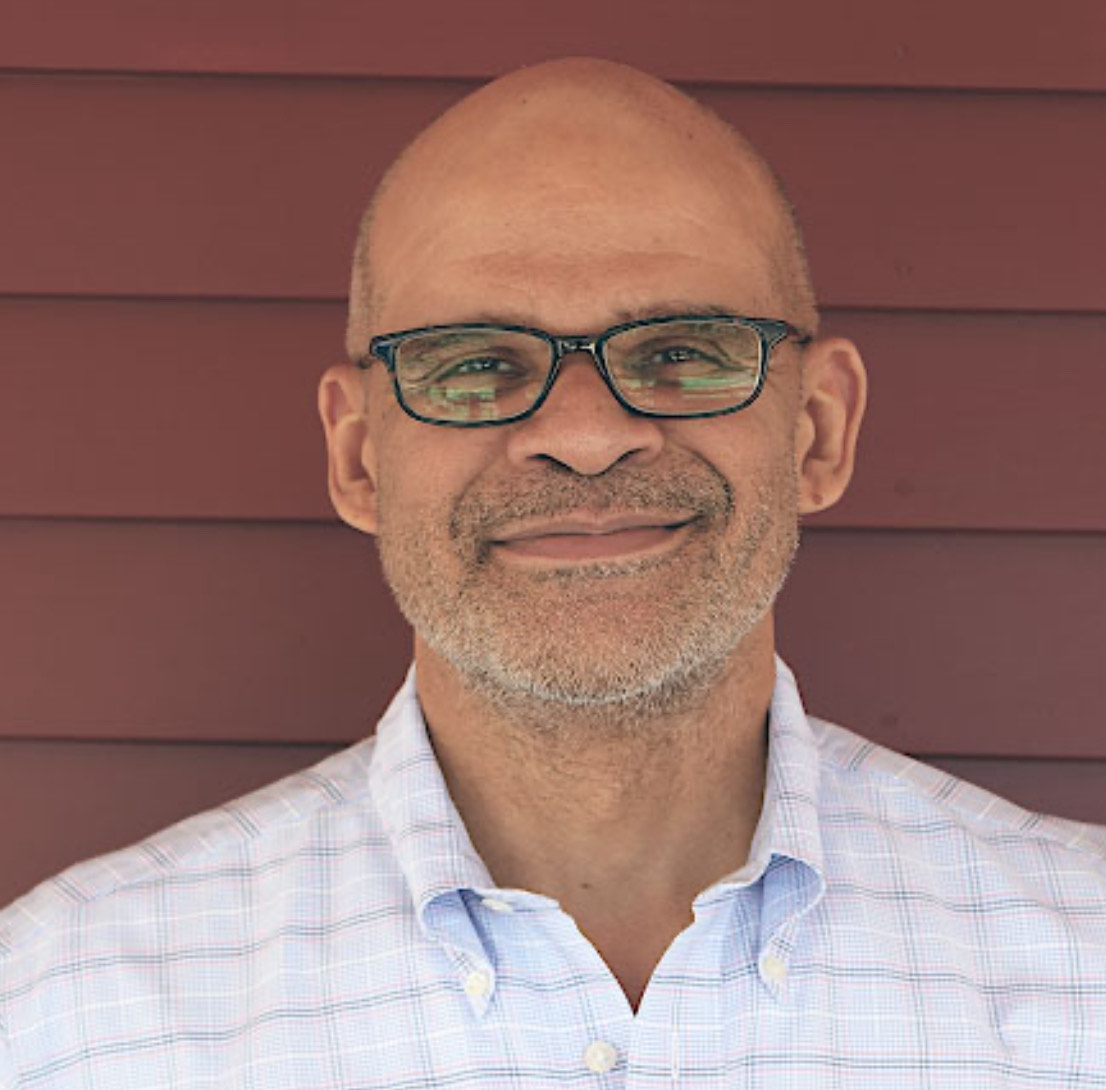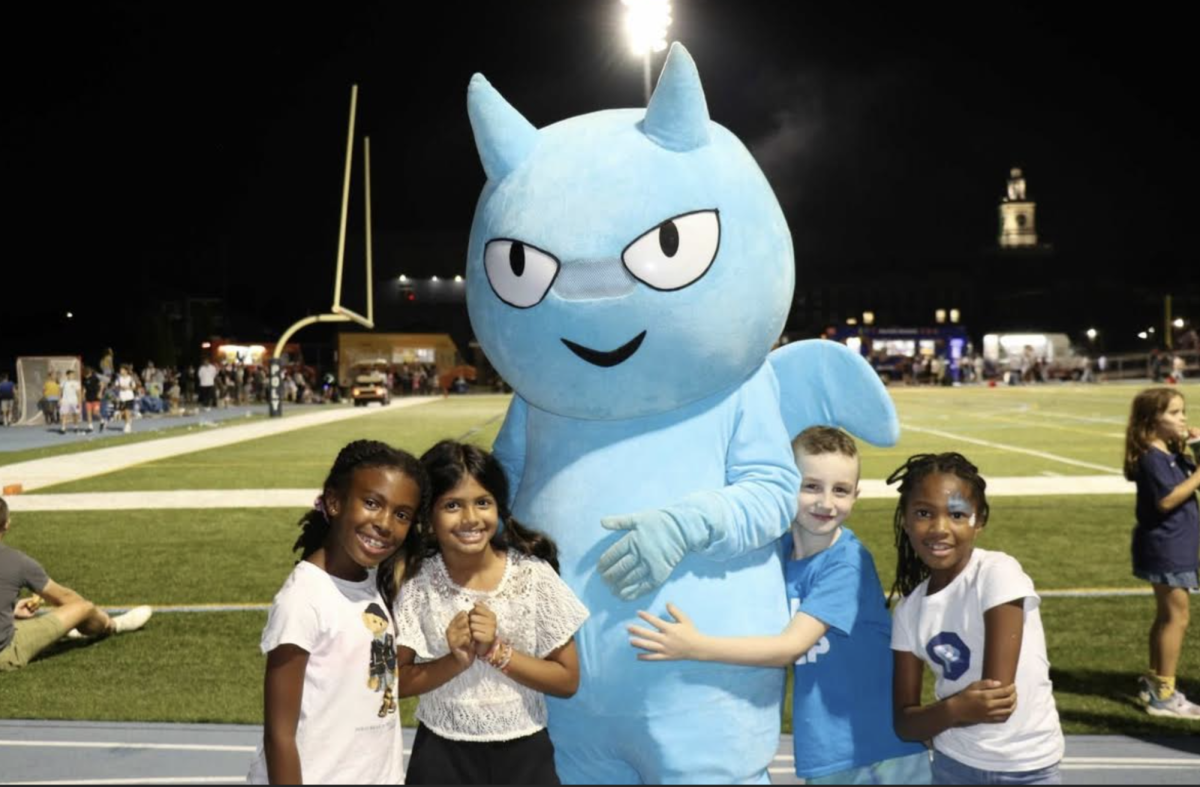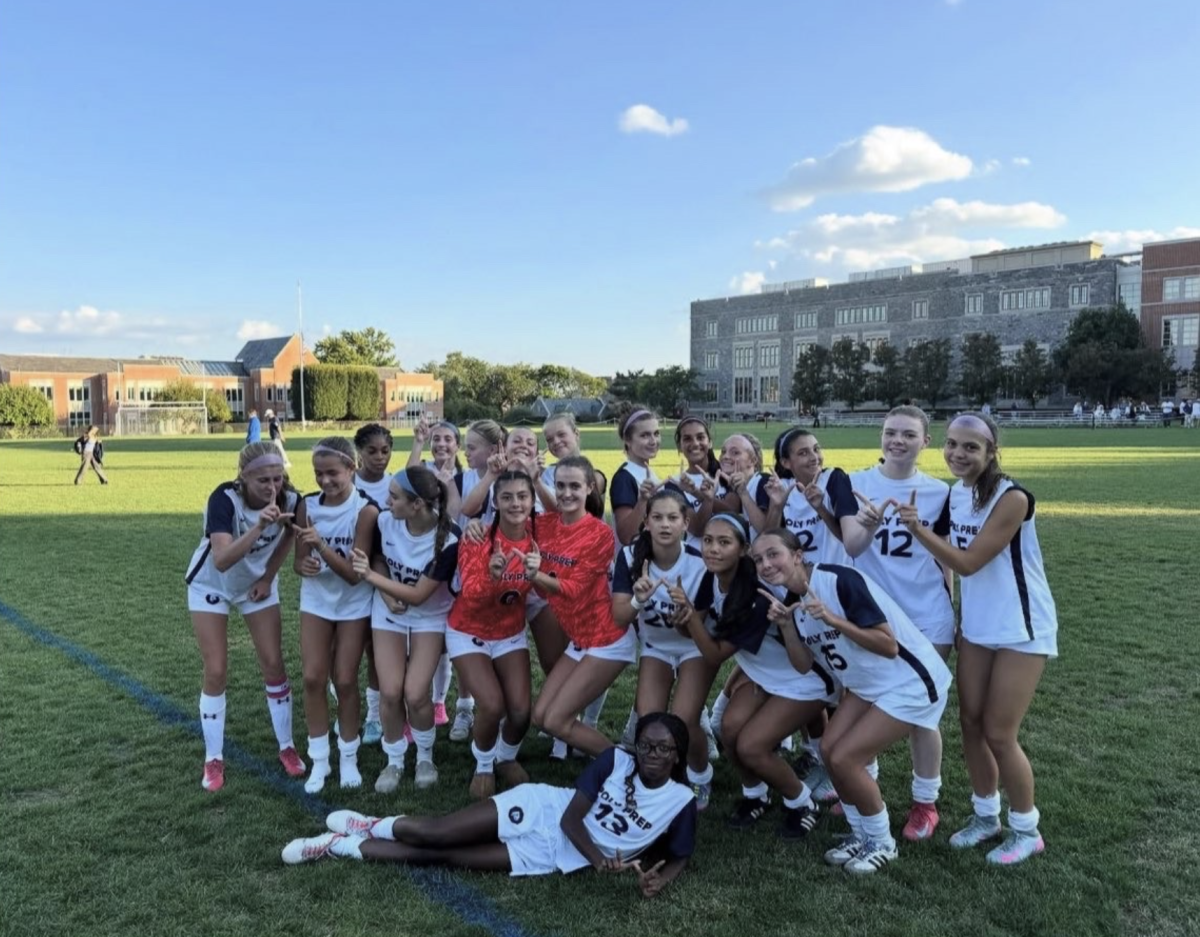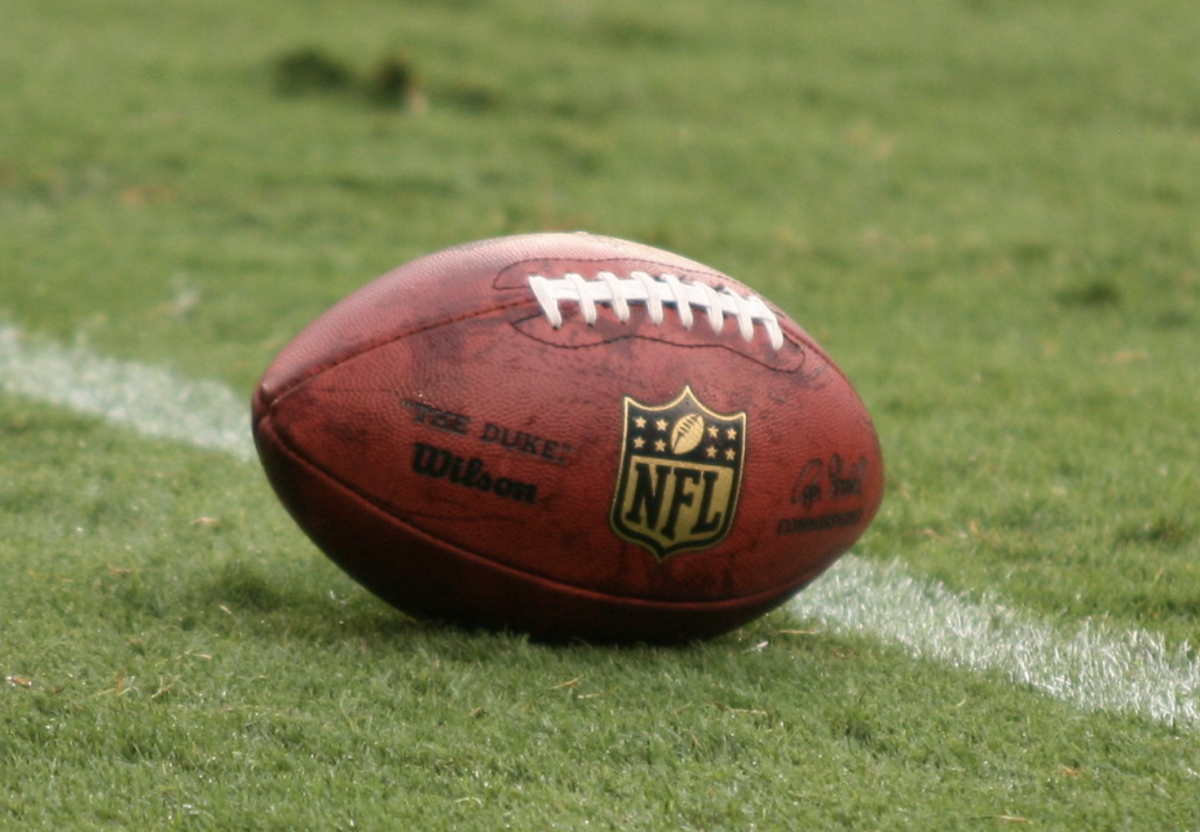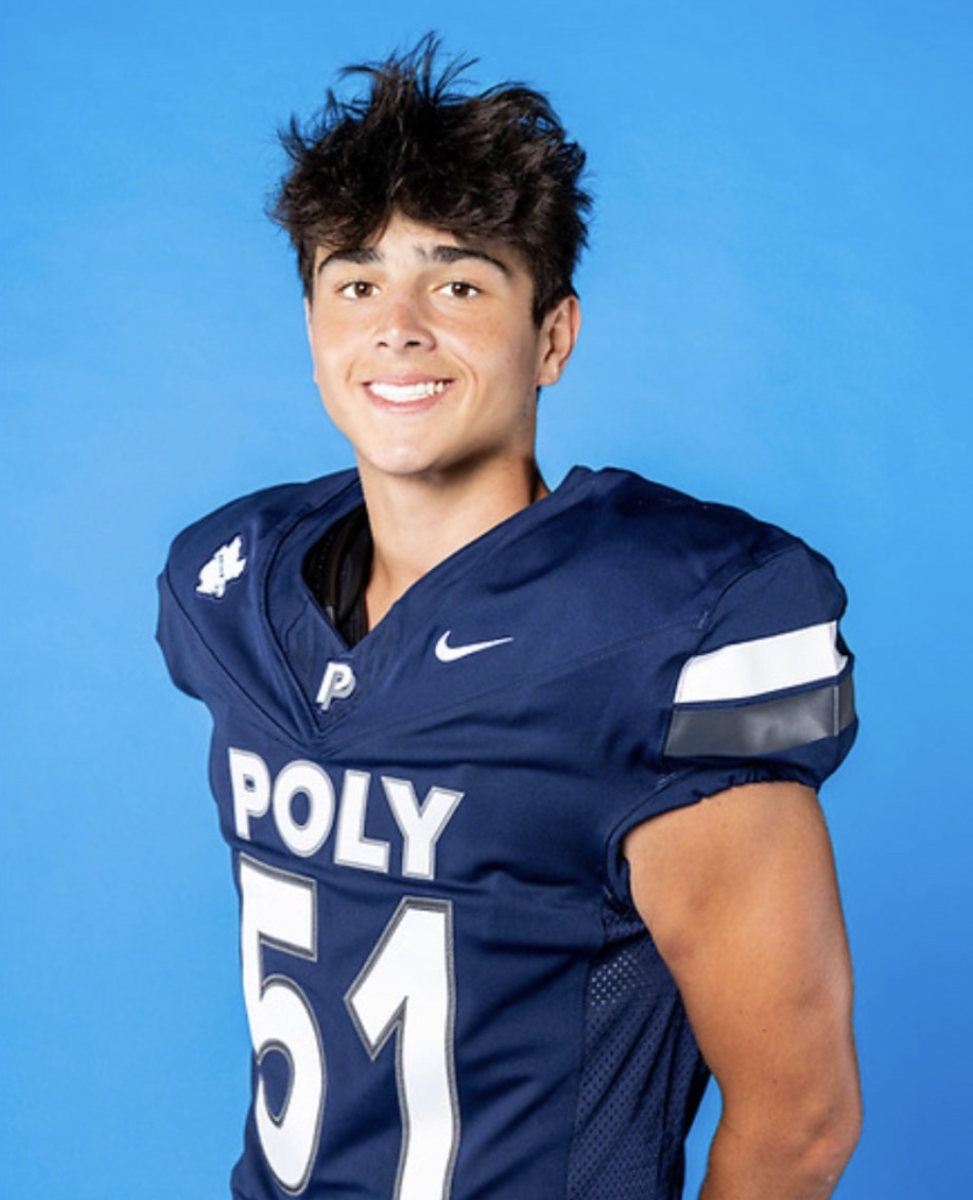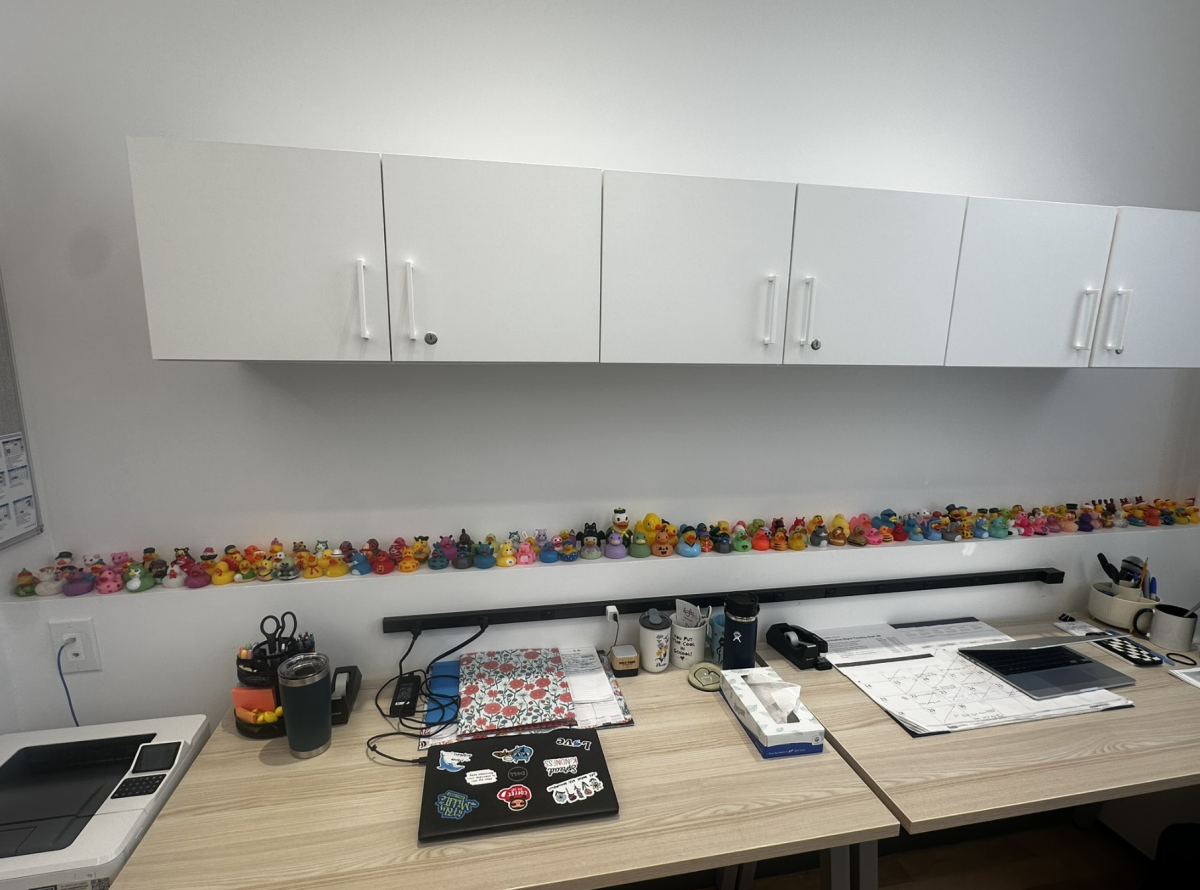It Ends With Us brought Colleen Hoover’s 2016 novel to the big screen. For viewers who previously were readers, Lily Bloom’s relationship with Ryle Kincaid and the difficulties that came with it was transformed into a reality, as well as her relationship with fan-favorite Atlas. Hoover shares an inspiring story about generational trauma as Lily overcomes an abusive relationship. The storyline juxtaposes Lily’s current experiences with abuse with what she witnessed between her mother and father as a child. A film that uncovers these harsh realities of some relationships in the real world is not commonly represented in the media. It Ends With Us highlights individuals’ starkly different responses to abusive relationships through the contrasting experiences of Lily and her mother, emphasizing the personal resilience and societal pressures that influence their choices to either escape or endure such toxic situations.
Lily’s mother, Jenny Bloom, represents the cycle of abuse that can trap individuals in damaging relationships. Married to a man who emotionally and physically abuses her, Jenny finds herself in a situation where her self-worth is continuously undermined. Her husband’s abusive behavior is masked by a manipulative, charming exterior and his job in the police department, which protects him from any accusations. Despite her suffering, Jenny remains in the relationship. Her experience highlights the complexity and internal conflict that many face when trapped in abusive relationships, shedding light on why leaving such situations is often far more challenging than it might appear from the outside. Jenny’s choices and reasoning behind them contrast sharply with Lily’s journey, emphasizing the broader spectrum of responses to abuse and the significant personal and social barriers that can influence one’s decision to stay or leave.
Lily’s decision to leave her abusive relationship with Ryle deviates from her mother Jenny’s choice to remain in a similar situation, illustrating how personal experiences and external influences shape one’s response to domestic abuse and highlighting the film’s message of hope and resilience. Lily grew up seeing her mother suffer abuse from her father, as well as watching Jenny live in fear. She saw the horrors of what staying would be like for both her and her daughter. She saw from a young age that it was unhealthy for love and fear to be so intertwined. In the film and book, Lily’s partner, Ryle is first depicted with exclusively positive traits as a handsome neurosurgeon. Not until late into the relationship, when they are already married, does her trust in him get broken. He is apologetic immediately after hurting her, and promises it won’t happen again. Lily finds herself in the difficult situation of carrying so much love for Ryle, who despite his promises continues to hurt her. Ultimately, she makes the decision to leave, perhaps because she knew from her childhood what staying looks like. Or, maybe it was because she had the support of others, unlike her mother. The movie emphasizes an important moment between Ryle and Lily: when Lily asks for a divorce, Ryle first protests. But then Lily says, while holding their new daughter, if your daughter told you “the person she loves was hurting her. What would you say to her?” He responds, “I would beg her to leave him.” Ryle knew losing her was the right response at this moment. Lily raises her daughter happily and gets past the hardships. The strength and independence of Lily serves as hope to anyone who encounters a similar situation. While addressing harsh realities, the film ends on a sweeter note: Lily and her childhood first love, Atlas, reunite, giving the audience hope for her to get the happy ending she deserves. In the end, the audience is left to ponder how the choices we make can ultimately shape not just our destinies, but the narratives of those who come after us.

